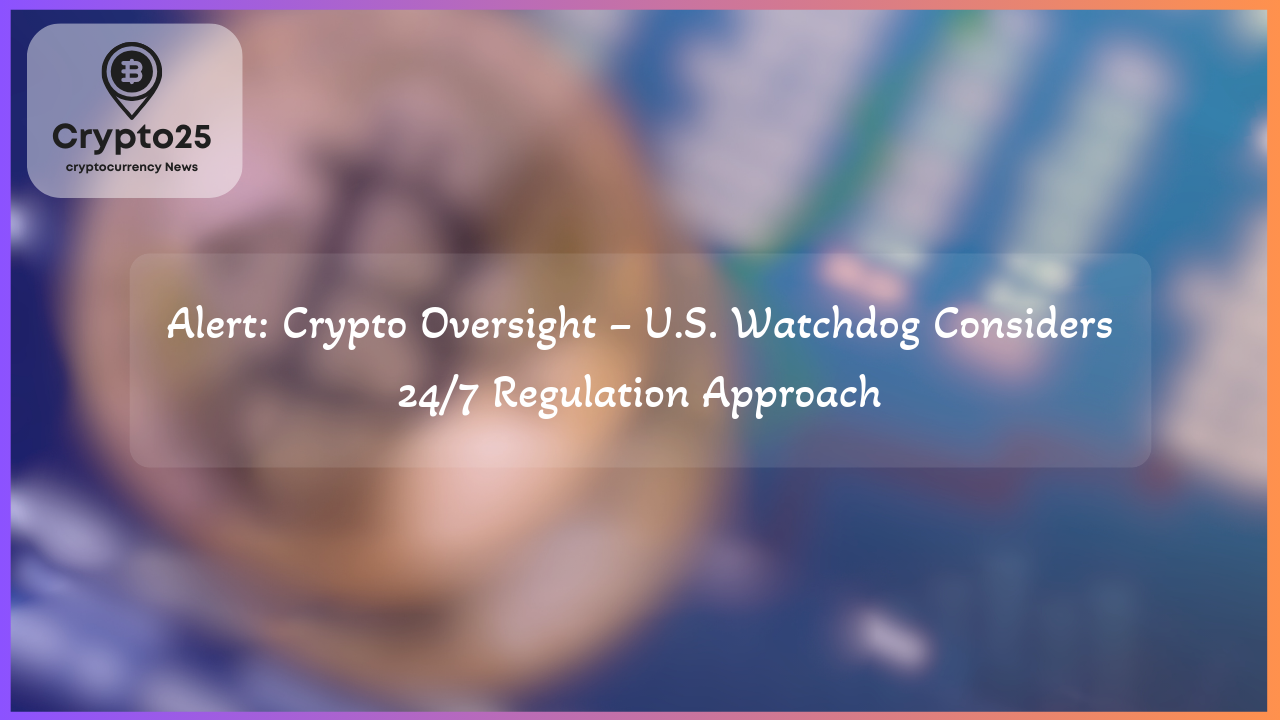
Bitcoin, as the cornerstone of the cryptocurrency market, has long been recognized as a commodity under U.S. regulation, placing its oversight within the purview of the Commodity Futures Trading Commission (CFTC). Now, the CFTC is seeking public input on a potential expansion to continuous, around-the-clock derivatives trading—a bold initiative mirroring the unceasing nature of the crypto sector. This move could reshape how digital assets are traded globally.
## Bitcoin Regulation and the Role of the CFTC
The CFTC has positioned itself as a key player in the evolving regulatory landscape of cryptocurrency markets. As Congress deliberates on formalizing industry frameworks, the agency is preparing for a broader role. In a fresh request for public comments, the CFTC hinted at the possibility of extending derivatives trading operations to 24/7, though digital assets were not directly addressed in this announcement. Instead, the agency highlighted “technological advancements” and “market demands,” both of which align perfectly with the fast-paced and decentralized nature of cryptocurrencies, including Bitcoin.
Should the CFTC make a decisive leap toward 24/7 trading, it would not only harmonize commodity markets with the crypto industry’s non-stop schedule but also underscore Bitcoin’s pivotal role in this paradigm. Currently, the absence of downtime in crypto trading provides opportunities for global participation across all time zones, integrating markets more cohesively—a shift that regulated financial markets now seem keen to observe and adapt to.
## Challenges of 24-Hour Bitcoin and Derivatives Trading
While the benefits of non-stop trading are evident, the challenges remain significant. Continuous operations would require robust governance frameworks, enhanced exchange staffing models, and advanced technologies to ensure both market integrity and operational resilience. As outlined by the CFTC, firms operating under such a framework would need to adopt strategies that support uninterrupted system monitoring, live maintenance, and timely application of technology updates.
These operational hurdles are not unfamiliar to cryptocurrency exchanges. Bitcoin and other crypto markets have already set the standard for decentralized, round-the-clock trading, leveraging blockchain technology to address scalability and operational stability during high-traffic periods. However, for traditional derivatives markets to follow suit, a considerable overhaul of existing systems would be necessary, ensuring compliance with core principles like transparency, fair trading practices, and investor protection.
| Considerations | Details |
|---|---|
| Market Cap | $1.2 Trillion |
| Trading Window | 24/7 for Crypto; Limited for Derivatives |
| Key Player | CFTC |
Navigating these challenges becomes even more intricate for U.S. markets accustomed to regulatory frameworks designed for fixed trading hours. However, with crypto giants such as Bitcoin leading the charge, the adoption of advanced trading models is becoming an industry imperative. The discussions spurred by the CFTC are a testament to the growing intersection between traditional and digital asset markets.
## The Future of Bitcoin Oversight in a 24/7 Trading Environment
Currently, the CFTC’s regulatory reach does not extend to Bitcoin spot markets unless further legislative adjustments grant them authority. However, any eventual designation of the CFTC as a primary overseer of crypto platforms would mark a significant milestone for the industry’s integration into broader financial systems. Considering that 24-hour market activity is already the norm for digital assets, it seems inevitable that regulated derivatives markets may follow suit, with Bitcoin leading the way.
Acting CFTC Chairperson Caroline Pham’s statement emphasizes the importance of adaptability in the face of shifting market structures. While the immediate focus surrounds derivatives, it’s clear that a broader strategy awaits. If approved, the proposal could align traditional commodities markets with the decentralized ethos of cryptocurrencies, solidifying Bitcoin’s role as a bridge between legacy systems and emerging technologies.
Bitcoin’s endurance in unregulated, round-the-clock markets has displayed its resilience and adaptability. As these traits inspire change within the walls of regulated financial institutions, it highlights a future where Bitcoin and traditional financial tools coexist. This evolution is not only reshaping the narrative of global finance but also placing Bitcoin as the cornerstone of innovation within the digital economy.
